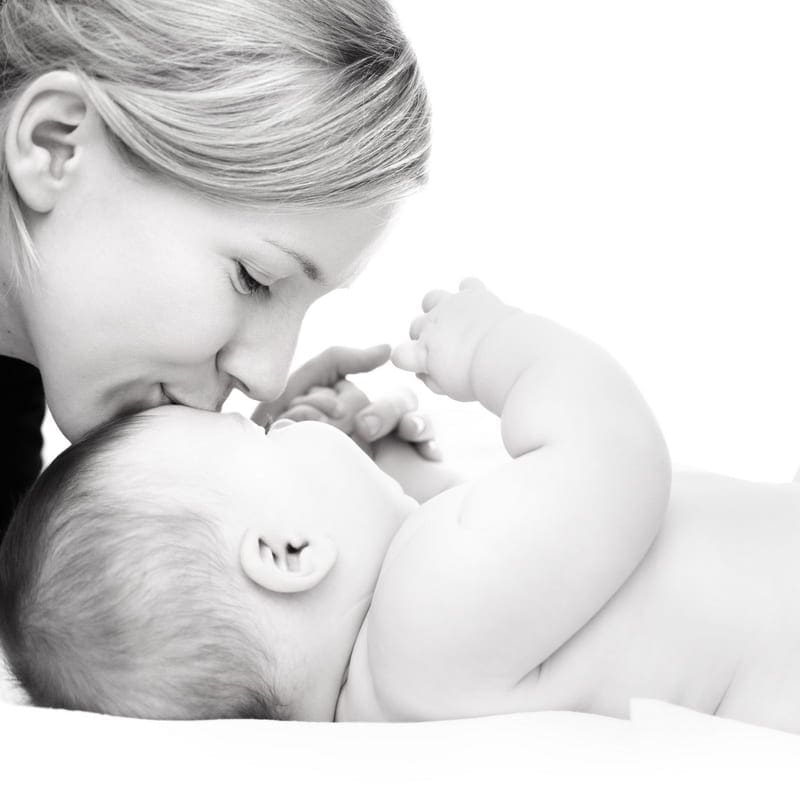Women often take antibiotics for various reasons, but it’s important to consult with a doctor, gynecologist, or obstetrician before taking them during pregnancy and childbirth. This is to ensure that the antibiotics prescribed by the dentist are safe for the pregnant woman and her child. There are different categories of antibiotics that can be prescribed depending on their role and effect in the body.
Antibiotic Category A
Category A antibiotics are the safest for pregnant women to take, with very few falling into this category. These drugs can be taken during the first trimester through delivery with no harm to the mother or child.
Antibiotic Category B
The majority of antibiotics are classified as safe for expectant mothers and their unborn children, with no proven research to show any harmful side effects. As with the previous category, this class is also considered safe to take during pregnancy.
Antibiotic Category C
While there is not a lot of data on the effects of category C antibiotics during pregnancy, they are still not allowed to be used because there are still unknown risks. If you are pregnant, it is best to consult with your doctor about which medications are safe for you to take.
Antibiotic Category D
Antibiotics in this category should be avoided during pregnancy and pre-natal care whenever possible as they come with risks to the unborn child. If there is no better alternative, one can take them, but it is important to be aware of the risks before doing so.
There are several factors to consider when taking antibiotics during pregnancy and childbirth, such as:
-The type of antibiotic you are taking
-The dosage of antibiotic prescribed
-How long you will be taking the medication
-Which trimester of pregnancy you are in
It is very important to take antibiotics for the recommended length of time, as long-term use can cause the unborn child to have deformities. Some antibiotics are safe during certain trimesters of pregnancy, so trimester is an important factor to consider. The safest antibiotics during pregnancy are penicillin, cephalosporin and erythromycin. However, even if they are safe, you should take a multivitamin along with them. If you are taking an antibiotic for a urinary infection, it is important to also take a 400 mg dose of folic acid. Antibiotics that are suggested for the treatment of TB, respiratory infections and acne can cause deafness in children and permanent discoloration of their teeth, so they should be avoided at all costs.
When you’re pregnant, it’s important to weigh the pros and cons before taking any medication – especially antibiotics. Any infection affecting the mother can also affect the unborn child, so it’s crucial to visit the doctor regularly during pregnancy and not self-medicate. The physician can prescribe the safest medication with the best dose for the pregnant mother during this time.
It’s always safest to consult with your obstetrician and gynecologist before taking any kind of medicine or antibiotic during pregnancy, as it may or may not be safe for you or your unborn child.











